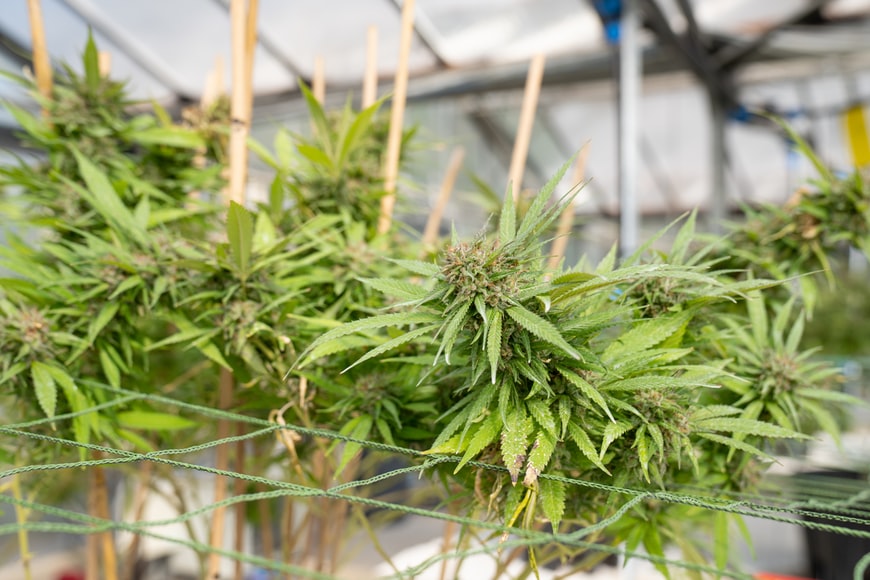Florida’s New Bill Proposes Limiting THC Potency
LOS ANGELES- In a significant move within the cannabis legislative landscape, Florida Representative Ralph Massullo introduced House Bill 1269, which proposes stringent limitations on THC potency in cannabis products. This bill, introduced on January 5 and read for the first time on January 9, is contingent upon the legalization of adult-use cannabis in Florida, a decision that may be determined by voters later in 2024.
The bill specifically targets the THC levels in various cannabis products. For smokable cannabis, it caps the THC potency at 10%, while concentrates are limited to 60%. Additionally, edibles are restricted to contain no more than 200 milligrams of THC, with a single serving portion capped at 10 milligrams. These proposed limits are notably lower compared to other state potency restrictions.
The definition of “potency” in HB-1269 is complex, involving the calculation of various cannabinoids’ relative strength and the total amount of THC in the final product. This intricate definition highlights the bill’s detailed approach to regulating cannabis products.
Florida’s legislative session for 2024 includes other cannabis-related bills. House Bill 1435 aims to create “Registry Identification Cards” for military veterans, while House Bill 1497 proposes exemptions for certain applicants from medical cannabis treatment center licenses. Senate Bill 94 and Senate Bill 166 focus on reducing penalties for small cannabis possessions and creating protections for medical cannabis patients who are public employees, respectively.
Representative Massullo’s introduction of HB-1269 comes as Florida anticipates the potential legalization of adult-use cannabis. The initiative Smart & Safe Florida, primarily funded by Trulieve, has gathered enough signatures to qualify for the 2024 ballot. Trulieve CEO Kim Rivers expressed strong support for the initiative, emphasizing the company’s commitment to consumer freedom in cannabis use.
However, the initiative faces challenges. Florida Attorney General Ashley Moody contested it shortly after it gathered the necessary signatures. Smart & Safe Florida defended the initiative’s language, anticipating that the Florida Supreme Court would allow voters to decide on amending the constitution. The court has heard oral arguments, but the future of the initiative remains uncertain.
Public opinion in Florida appears to favor the legalization of adult-use cannabis. A University of North Florida poll showed that 67% of participants support it, with only 28% opposed. Despite this support, a separate 2024 ballot initiative allowing medical cannabis patients to grow their own cannabis at home was withdrawn due to insufficient signatures and funding, highlighting the challenges faced by grassroots movements in the state.
As Florida navigates these legislative and ballot initiative developments, the future of cannabis legalization and regulation in the state remains a topic of keen interest and debate.



































